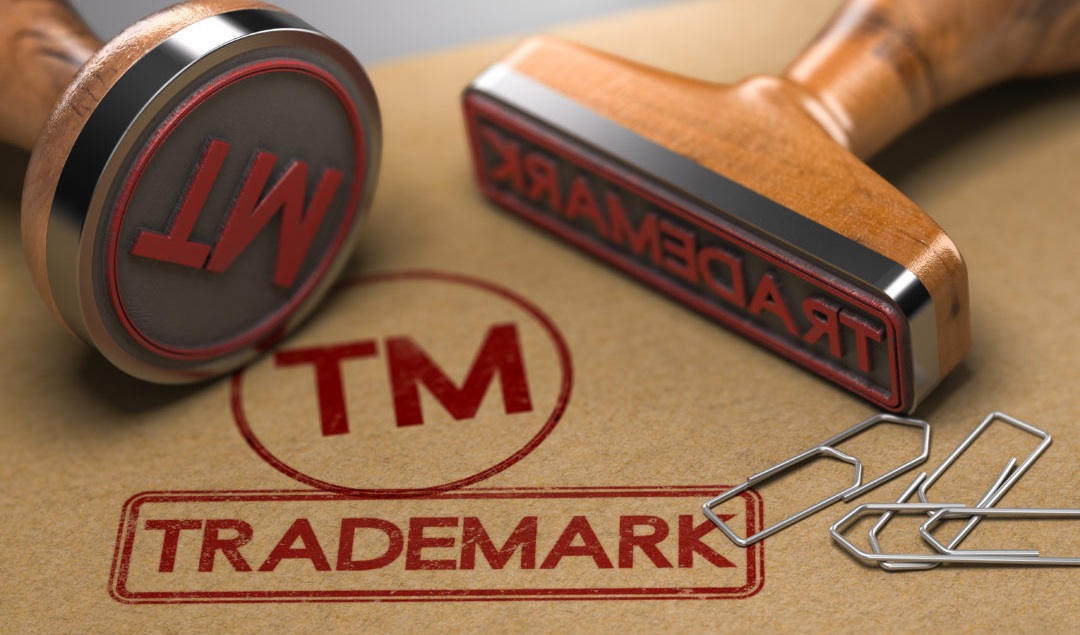4 Essential Insights for Safeguarding Your Crowdfunding Intellectual Property
To protect your intellectual property in crowdfunding, there are 4 key insights you need to know.
To protect your intellectual property in crowdfunding, there are 4 key insights you need to know.
Crowdfunding can present a significant challenge when it comes to safeguarding an inventor's intellectual property. To secure funding, inventors often have to divulge intricate details about their idea and its unique concept. This may result in the creator's ideas being out of his or her control, plagiarized, or completely out of control. As a creator, it's crucial to be aware of these 4 insights to protect your intellectual property.

Releasing a crowdfunding proposal generally involves sharing project specifics. Yet, openly revealing the actual innovation, along with enough details for an expert to replicate it, might count as a public unveiling. Such an unveiling could hinder potential patent protection in numerous regions, including various countries across Asia and Europe. These jurisdictions require patent applications to be submitted before a public disclosure occurs.
Initially, a full application isn't essential. Upon offering your patent-worthy concept for sale, you have a one-year window to file for a patent. Nevertheless, these 12 months aren't guaranteed. The United States operates on a "First To File" system, where the first filer, rather than the original inventor, receives patent rights.
In cases where a startup lacks the funds for a complete patent application, a temporary provisional patent can be secured. This designation grants "patent pending" status until the necessary finances are available. The provisional patent from the U.S. necessitates substitution with a formal application within a year. This span presents an opportunity for entrepreneurs to gather funds through crowdfunding and other channels. Successful attainment of project goals paves the way for the subsequent step: the more comprehensive "nonprovisional patent application."

Take into account the rights of others that could impact your campaign. As mentioned earlier, if you haven't conducted a trademark availability search and received an opinion, you might not have the right to use the trademark that you intend to associate with your products. To steer clear of potential disputes with the owner of a similar registered or common-law trademark, it's advisable to obtain a trademark search and opinion prior to utilizing your proposed trademark.
Another potential area of conflict arises when your innovation involves improving an existing product or incorporating someone else's invention. If this other invention is safeguarded by an active patent and your invention falls within its scope, you could be held liable for patent infringement unless you've obtained the necessary permissions.

Trademarks are also an important but easily overlooked point. It only takes about five minutes to design a new trademark on any design website. But if your trademark is registered before you do, you'll have to spend extra time and effort to "legitimately" sell your products.
The basic rule is that whoever applies to register a trademark first could get the registration and can block other similar trademarks.
If you must reveal your trademark in your crowdfunding proposal, consider filing an Intent To Use (ITU) trademark application before publishing your crowdfunding proposal. You can file an ITU trademark application based on the fact that you propose to use the trademark in that country and this will hold your place in line.
When promoting your products, it's crucial to refrain from revealing your secret sauce. It's important to recognize that customers are primarily concerned with what a product can do for them and the reasons they should purchase it, rather than the intricate details of how it functions. This underscores the fundamental idea that positioning yourself as the pioneer or original creator holds significant value. Generally, being the first in the market or the "original" version of something garners the most attention and trust from consumers. Knockoffs or latecomers tend to receive less favorable responses from customers. Even if someone attempts to replicate your concept, strategic marketing can leverage your status as the original - the genuine innovator. This approach might be adequate to discourage imitators from encroaching on your territory. Building an emotional connection and fostering a solid reputation serve as your most effective safeguards against copycats.
Here to see further details from crowdfunding platforms:
Kickstarter: https://www.kickstarter.com/help/copyright
Indiegogo: https://support.indiegogo.com/hc/en-us/articles/217205168-Copyrights-Trademarks-and-Patents
The All-in-One Toolkit to Launch, Manage & Scale Your Kickstarter / Indiegogo Campaign